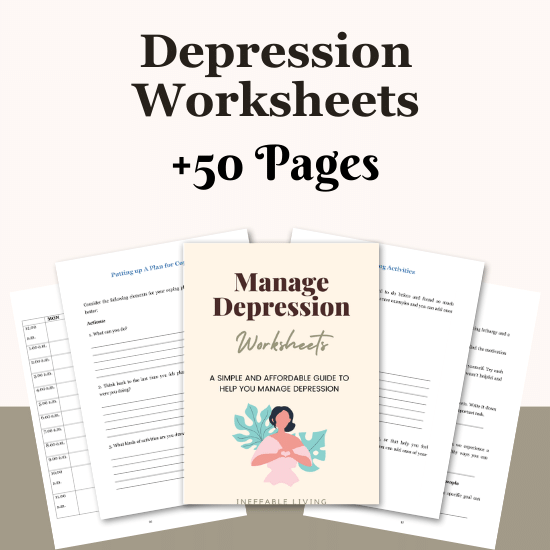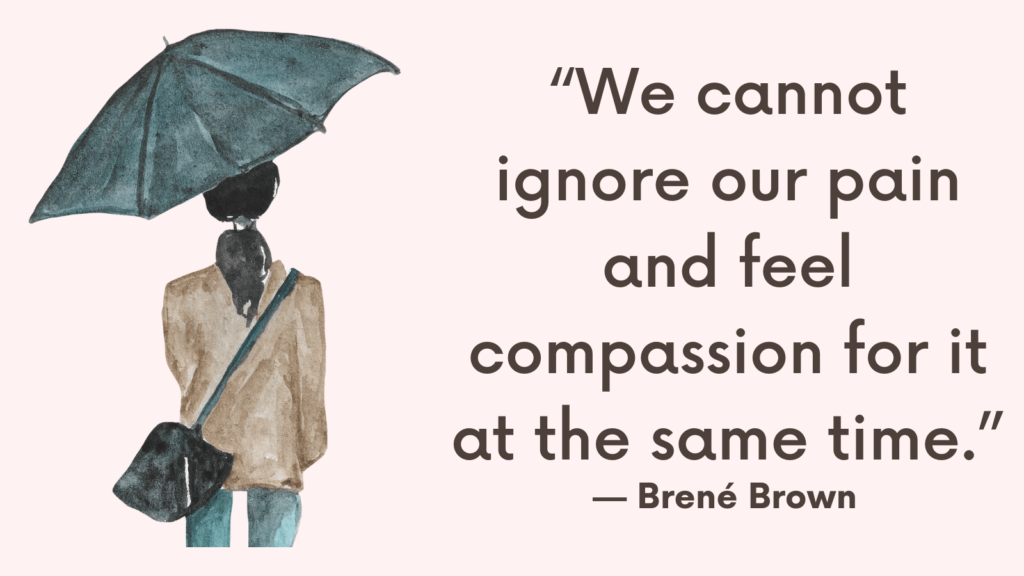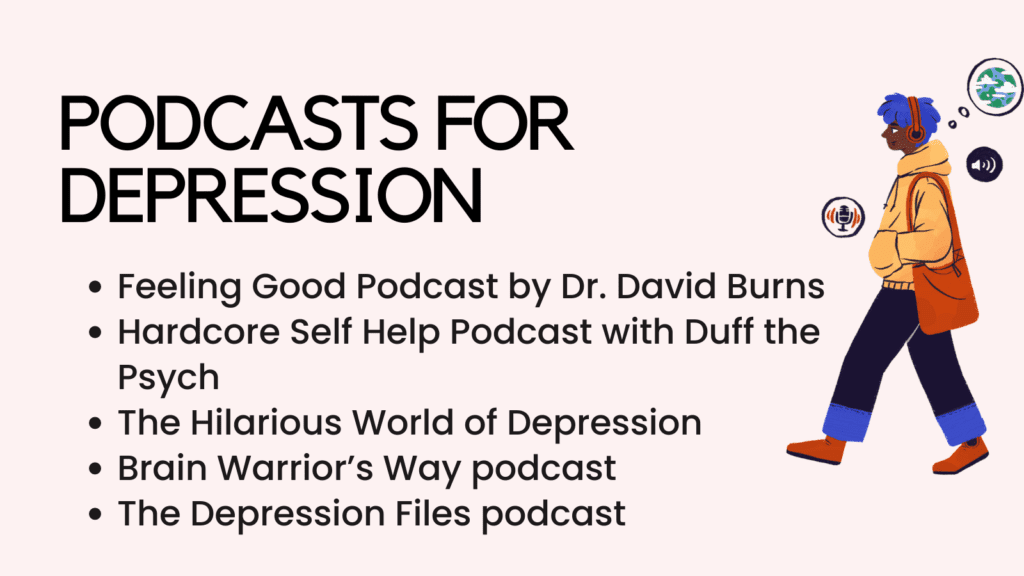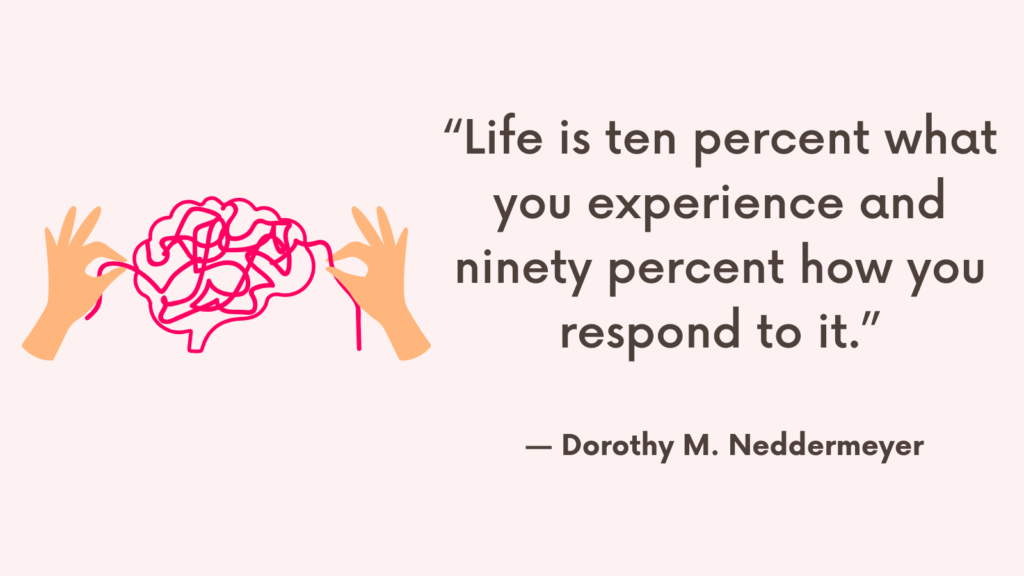In this post, you’re going to learn how to ask for help with depression.
Why Asking For Help With Depression Can Be Difficult?
Asking for help with depression can be difficult due to various reasons. Here are some common factors that may contribute to the challenges of seeking support:
1. Stigma and societal attitudes:
There is still significant stigma surrounding mental health issues, including depression.
Many individuals fear being judged, misunderstood, or labeled if they disclose their struggles with depression.
This can lead to a reluctance to ask for help, as they may worry about the negative consequences of disclosing their symptoms.
2. Misunderstanding of depression:
Depression is often misunderstood by those who have not experienced it firsthand.
Some people may dismiss or trivialize depressive symptoms, believing that individuals should simply “snap out of it” or “think positive.”
Such misconceptions can deter someone from seeking help, as they may internalize the belief that their condition is not legitimate or that they will not be taken seriously.
3. Fear of burdening others:
People with depression may hesitate to reach out due to concerns about burdening their loved ones or fearing that they will be seen as a source of negativity.
They may worry that their friends or family members are already overwhelmed with their own responsibilities and problems.
Related: High Functioning Depression Test (+Effective 3-Step Guide To Overcome High Functioning Depression)
4. Self-reliance and independence:
Many individuals value self-reliance and view asking for help as a sign of weakness.
They may have grown up in environments where expressing vulnerability was discouraged or perceived as undesirable.
These beliefs can make it challenging for someone to acknowledge their need for assistance and seek the support they require.
5. Fear of rejection or abandonment:
The fear of being rejected or abandoned is common among individuals with depression.
They may worry that expressing their struggles will push people away or cause them to lose important relationships.
This fear can create a barrier to asking for help, as individuals may prioritize maintaining their connections over addressing their mental health needs.
6. Previous negative experiences:
Past negative experiences with seeking help or disclosing mental health concerns can make individuals hesitant to reach out again.
If they have encountered stigma, judgment, or unhelpful responses in the past, it may increase their reluctance to seek support in the present.
Related: Top 10 Signs of Silent Depression
7. Lack of awareness about available resources:
Some individuals may be unaware of the mental health resources and options that are available to them.
They may not know where to start or whom to turn to for assistance, which can further discourage them from seeking help.
While these challenges are real, it’s important to remember that seeking help for depression is a courageous and essential step toward healing.
Overcoming these barriers often involves recognizing and challenging the underlying beliefs and fears that prevent individuals from reaching out.
How to Ask For Help with Depression?
Asking for help with depression can be a challenging and courageous step toward healing. Here are some suggestions for reaching out for support:
1. Recognize the signs:
It’s important to recognize the symptoms of depression, such as persistent sadness, loss of interest in activities, changes in appetite or sleep patterns, and feelings of hopelessness.
Understanding these signs can help you acknowledge that you may need support.
2. Identify trusted individuals:
Consider reaching out to friends, family members, or colleagues whom you trust and feel comfortable talking to.
Choose individuals who are supportive, empathetic, and willing to listen without judgment.
Related: Do I Have Seasonal Depression Quiz (+Top 12 Natural Ways To Boost Your Mood)
3. Initiate the conversation:
Find a quiet and private setting to have a conversation about your depression.
Express your feelings honestly and openly, and let the person know that you are reaching out for help and support.
Be specific about how they can assist you, whether it’s by providing a listening ear, helping with daily tasks, or accompanying you to seek professional help.
4. Be prepared for different reactions:
Understand that not everyone may respond in the way you hope.
Some individuals may struggle to understand depression, while others may offer immediate support.
Be patient and open-minded, and try to communicate your needs clearly.
5. Seek professional assistance:
Consider scheduling an appointment with a mental health professional, such as a psychologist, psychiatrist, or therapist.
These professionals can provide formal diagnosis and evidence-based treatment options for depression, including therapy and medication if necessary.
Related: Top 10 Tips for Dating Someone with Depression
6. Utilize helplines and support groups:
If you’re unsure about reaching out to someone close to you, consider contacting a depression helpline or joining a support group.
These resources can provide immediate emotional support and connect you with individuals who have similar experiences.
7. Express your needs:
When seeking help, communicate your specific needs and preferences.
For example, if you’re seeking therapy, express whether you prefer individual or group therapy, the type of therapy that interests you (e.g., cognitive-behavioral therapy, interpersonal therapy), and any cultural or language preferences.
8. Prepare for treatment:
If you decide to seek professional treatment, it’s important to prepare for the process.
This may involve gathering information about mental health providers in your area, understanding your insurance coverage, and identifying any logistical barriers to accessing care, such as transportation or childcare.
Related: Depression After Quitting Drinking: 7 Ways to Cope
9. Advocate for yourself:
As you seek help for depression, remember that you are your own best advocate.
Assert your needs and preferences regarding treatment, and collaborate with mental health professionals to develop a personalized treatment plan that aligns with your goals.
10. Follow through with treatment:
Once you’ve sought help, commit to participating in recommended treatment and interventions.
Be open to exploring different approaches to managing depression and remain engaged in the process of healing.
Related: Best 23 Gifts For People With Depression

Lifestyle Changes to Support Depression Recovery
Recovering from depression isn’t just about medication or therapy — although those can be essential. It also involves gently adjusting your daily habits and environment to support your emotional healing. Small, intentional lifestyle changes can create momentum, build resilience, and gradually lift the fog of depression. Here are key lifestyle shifts that can support recovery in practical, sustainable ways.
1. Prioritize Regular Sleep
Depression often disrupts sleep — either causing insomnia or excessive fatigue. A consistent sleep routine helps regulate mood and energy levels.
What to do: Go to bed and wake up at the same time each day. Create a calming bedtime routine and avoid screens or heavy meals before sleep.
2. Get Daily Movement
Even gentle physical activity boosts mood by releasing endorphins and improving brain function. You don’t need intense workouts — just consistent movement.
What to do: Start with a short walk, stretching, or light yoga. Aim for 10–20 minutes a day and increase as your energy allows.
3. Eat Regular, Balanced Meals
Depression can affect appetite and eating habits, but nutrition plays a major role in mood stability.
What to do: Eat small, regular meals with a balance of protein, healthy fats, and complex carbs. Include mood-supportive nutrients like omega-3s, B vitamins, and magnesium.
4. Create a Gentle Morning Routine
Mornings can feel especially hard with depression. A predictable, simple routine can reduce decision fatigue and ease you into the day.
What to do: Keep it short and doable — brush your teeth, drink water, open a window, or write one sentence in a journal.
Related: How to Manage Summer Depression?
5. Limit Alcohol and Stimulants
Alcohol and caffeine can worsen mood swings, disrupt sleep, and increase anxiety. Reducing them helps stabilize your emotional baseline.
What to do: Cut back gradually. Replace with alternatives like herbal tea, sparkling water, or decaf coffee to ease the transition.
6. Spend Time in Natural Light
Sunlight boosts serotonin and helps regulate your body clock — both essential for mood support.
What to do: Spend at least 10–15 minutes outside daily, even if it’s just sitting by a window or walking around the block.
7. Reduce Isolation
Depression often pushes you to withdraw, but connection — even in small doses — is healing.
What to do: Text a friend, join a support group, or spend time with someone you trust. Start small. Presence matters more than perfect words.
8. Set One Small Goal Each Day
Depression can make everything feel overwhelming. Setting tiny, achievable goals helps rebuild self-trust and motivation.
What to do: Choose something simple like “take a shower” or “water one plant.” Completing it gives your brain a sense of success.
9. Limit Negative Input
Too much exposure to negative news, toxic conversations, or draining content can deepen hopelessness.
What to do: Curate your digital and physical environment. Choose uplifting, calming, or neutral content that gives your mind room to rest.
10. Practice Self-Compassion
Harsh self-talk worsens depression. A compassionate inner voice makes recovery more sustainable.
What to do: Speak to yourself like you would to a struggling friend. When you feel stuck, remind yourself, “This is hard, but I’m doing my best.”
Lifestyle changes won’t erase depression overnight, but they create a foundation for healing. Each small habit — practiced with patience — can help you rebuild your energy, your confidence, and your connection to life.
Related: Depression After Quitting Drinking: 7 Ways to Cope
Conclusion
Remember that asking for help is a brave and proactive step toward improving your mental health.
By reaching out and seeking support, you are taking an important stride toward recovery and well-being.



